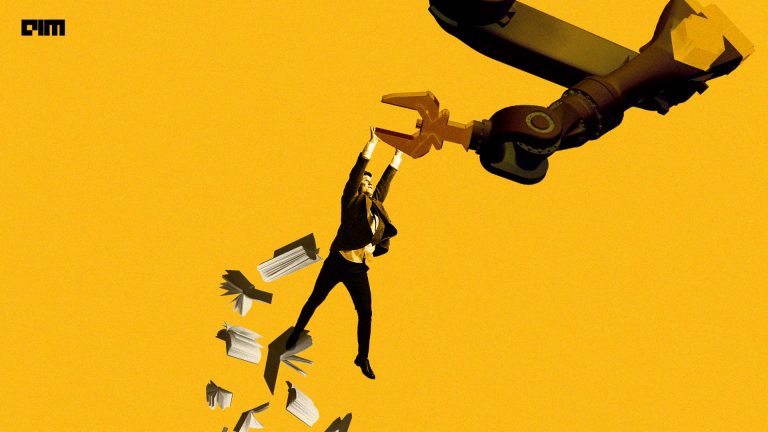
At the beginning of the year, Central Board of Secondary Education (CBSE) announced that they would be implementing AI as a subject for students of classes 8,9, and 10. Now, schools in Gurugram have begun gearing up for a change in syllabus, while experts debate whether the required infrastructure exists for widespread implementation of AI education.
Push for AI in the school curriculum
While some schools in the city have adopted a more open attitude towards technology, many more across the city are mulling how to offer AI as an elective subject. Schools have begun to offer AI and its accompanying technology as project assignments for students. Others have begun to incorporate AI into the students’ timetable.
The push for AI education has also created a requirement for teachers that have a grasp on advanced concepts such as robotics, IoT and big data. Students also seem to be exhibiting a positive attitude towards the subject, with many stating that it was a good idea as long as the subject interesting.
This phenomenon has already been experienced in the Heritage Xperiential Learning School, that has been utilizing AI for a while now. As a part of their “Maker-Centered” methods of teaching, students are trained on a variety of digital literacy curriculum, from grades 1 to 12, with primary subjects being AI, ML and data sciences.
The students are then allowed to program their own AI machines from class 6 onwards. Until now, they have created projects like an automated walking stick for the blind,a smart traffic light management system based on ML and even a counseling robot.
Schools gear up for a change in syllabus
Even as CBSE board is reportedly drafting an AI syllabus for classes 8,9, and 10, schools have already begun to implement it in their own curriculum. Many other schools said that vacancies would be opened for specialists once the syllabus is finalised by the board.
Multiple institutions are currently in the process of finalising the syllabus, with the help of teachers and experts in the computer science and AI/ML fields. Deepa Gandhi, Head of Information and Communication department at Suncity School in Gurugram, shared with a leading daily that the school is in the process of incorporating AI in the curriculum for the upcoming academic session. The categorisation of the syllabus and review of books for the same is currently underway. While students of class 8 will be introduced to the basic level of AI, classes 9 and 10 will be familiarised with the subject at a more advanced level. She also revealed that students have started dabbling in coding. The addition of AI to the timetable is also likely to encourage a deeper exploration of the field.
Possible setbacks in integrating AI-related subjects in the syllabus
Infrastructure in Indian schools might not be as advanced as CBSE’s move might suggest. Many schools lack the lab facilities for subjects like Physics and Chemistry, while in most schools, students lack a computer science lab. While this might change with the advent of technology into the Indian classroom, it will still take a while.
Another setback is that students might face additional pressure on their part. However, the presence of AI as a skill subject which is optional for study might provide an opportunity for the truly interested to enter the field.
In addition to this, this push for integrating AI in the curriculum can cause the widening of the divide between public and private schools, which are already far apart. Due to private schools being able to charge higher fees, they are able to provide the required infrastructure for the course; a privilege that cannot be afforded by public ones.
Positive Outcomes
This will prove to be a valuable opportunity for students to enter college at higher skill levels. The implementation of AI as an optional subject will increase the interest of students and give students the tools and information they need to survive in an AI-driven future.

















































































